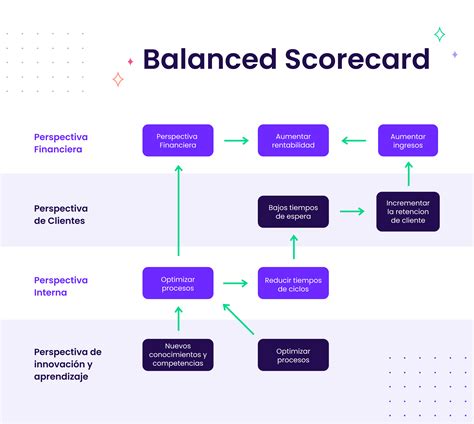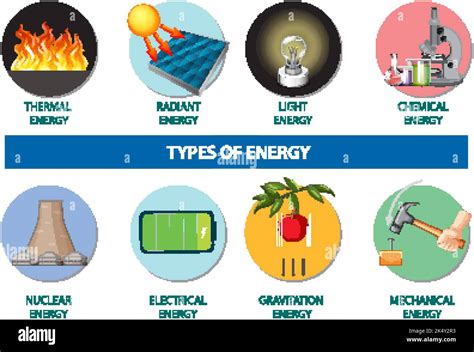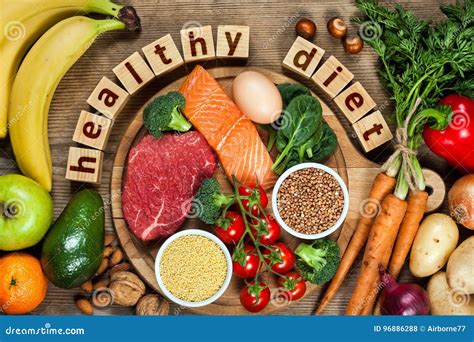Pre-workout nutrition for peak energy & focus without the crash?

Fueling Your Performance: Why Pre-Workout Nutrition Matters
Many of us hit the gym or the track hoping for a killer workout, only to find our energy levels flagging halfway through, or worse, experience a sudden crash afterwards. The secret to sustained peak performance and avoiding that dreaded slump often lies in what you consume before you even break a sweat. Strategic pre-workout nutrition isn’t just about avoiding hunger; it’s about optimizing your body’s fuel sources to enhance endurance, strength, focus, and recovery.
Understanding how different macronutrients and timing affect your body can transform your workouts from a struggle into a triumph. This guide will break down the science behind effective pre-workout fueling, helping you make informed choices for consistent, high-energy sessions.

The Macronutrient Blueprint: Carbs, Protein, and Fats
Each macronutrient plays a distinct role in preparing your body for exercise:
Carbohydrates: Your Primary Energy Source
Carbohydrates are your body’s preferred fuel, especially for high-intensity activities. They are stored as glycogen in your muscles and liver, providing readily available energy. Without sufficient carbs, your body might turn to protein for fuel, potentially compromising muscle repair and growth. Aim for complex carbohydrates (oats, whole-wheat bread, brown rice, sweet potatoes) 2-3 hours before a workout for sustained release, and simple carbs (banana, fruit juice) closer to the workout for a quick boost.
Protein: Muscle Protection and Repair
Consuming protein before a workout helps prevent muscle breakdown during exercise and kick-starts the recovery process. While it’s not a primary energy source, protein’s amino acids are crucial for muscle integrity and performance. A small amount of easily digestible protein (whey protein, Greek yogurt, lean chicken) combined with carbs is ideal.
Fats: Sustained, Long-Term Energy
Fats are a denser energy source, providing more calories per gram. However, they are digested slowly, making them less suitable for immediate energy needs. Including a small amount of healthy fats (avocado, nuts) as part of a larger pre-workout meal 3-4 hours out can contribute to sustained energy for longer, less intense workouts, but should be minimized closer to exercise to avoid digestive discomfort.

Timing Is Everything: When to Eat
The timing of your pre-workout meal or snack is as crucial as its composition:
- 2-3 Hours Before: A balanced meal containing complex carbohydrates, lean protein, and a small amount of healthy fats. This allows for adequate digestion and nutrient absorption.
- 30-60 Minutes Before: A smaller, easily digestible snack, primarily consisting of simple carbohydrates for quick energy, potentially with a small amount of protein. Think a banana, a piece of fruit, or a small handful of rice cakes.
- Immediately Before: Focus on hydration. If you must eat, a very small amount of fast-acting carbs (like a date or sips of a sports drink) can provide a final boost.
Listen to your body, as individual digestion rates vary. Experiment to find what works best for you without causing discomfort.

Hydration and Key Micronutrients/Supplements
Beyond macros, proper hydration and certain micronutrients can significantly impact performance:
Hydration: The Unsung Hero
Dehydration can severely impair performance, reduce focus, and increase the risk of cramping. Start hydrating well before your workout. Drink water consistently throughout the day, and aim for 16-20 ounces of water 2-3 hours pre-workout, and another 8-10 ounces 20-30 minutes before you start.
Caffeine: Focus and Energy Boost
A moderate dose of caffeine (150-300 mg) 30-60 minutes before training can enhance focus, reduce perceived exertion, and improve endurance. However, be mindful of your tolerance and avoid excessive amounts to prevent jitters or post-workout crashes.
Creatine: Strength and Power
While not strictly a pre-workout, consistent creatine supplementation (3-5g daily) saturates muscle cells, improving strength, power, and high-intensity exercise performance over time. It doesn’t need to be taken right before a workout for effect.
Beta-Alanine: Endurance Support
Beta-alanine helps buffer lactic acid in muscles, delaying fatigue during intense exercise. Like creatine, it works through saturation, so consistent daily intake is key, regardless of workout timing.

Avoiding the Crash: Common Pitfalls to Sidestep
To ensure sustained energy and prevent a post-workout slump, avoid these common mistakes:
- Too Much Fat or Fiber: While healthy, large amounts of fat and fiber slow digestion, potentially leading to gastrointestinal distress or sluggishness during your workout if consumed too close to training.
- Excessive Sugar: Simple sugars can provide a quick spike, but often lead to a rapid drop in blood sugar (the ‘crash’) during your workout. Opt for natural sugars from fruit if you need a quick carb source.
- Eating Too Much or Too Little: An overly large meal can leave you feeling heavy and uncomfortable, while too little fuel will result in low energy. Find your optimal balance.
- Trying New Foods on Workout Day: Stick to foods you know your body tolerates well, especially before an important session.

Sample Pre-Workout Meals & Snacks
- 2-3 Hours Before: Oatmeal with berries and a scoop of protein powder; whole-wheat toast with avocado and a hard-boiled egg; chicken breast with sweet potato and greens.
- 30-60 Minutes Before: Banana; rice cakes with a thin spread of almond butter; a small fruit smoothie; Greek yogurt with a few berries.
Experiment with these suggestions and adjust quantities based on your body weight, activity level, and personal tolerance. The goal is to feel energized and focused, not full or sluggish.
Conclusion: Personalize Your Pre-Workout Strategy
Optimal pre-workout nutrition is a personalized journey. By understanding the roles of macronutrients, the importance of timing, adequate hydration, and smart supplementation, you can create a strategy that consistently fuels peak energy and focus without the crash. Pay attention to how your body responds, track your performance, and fine-tune your approach. With the right fuel, you’ll not only maximize your workout potential but also enhance your recovery, leading to better results and a more sustainable fitness journey.









